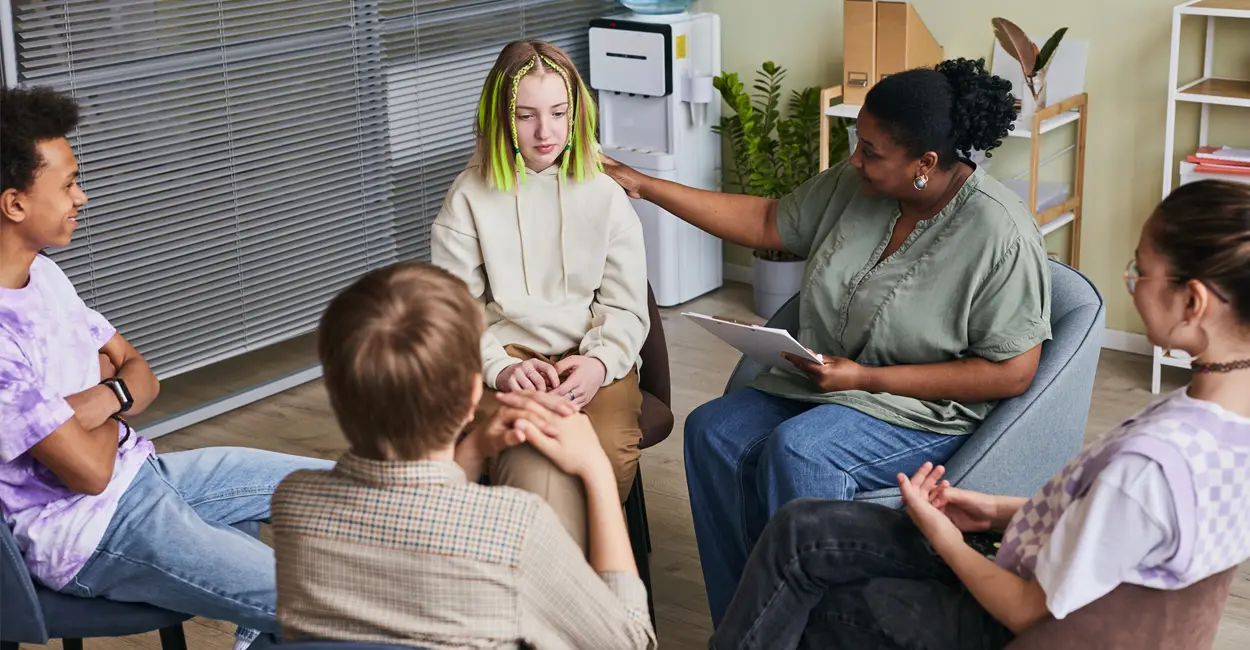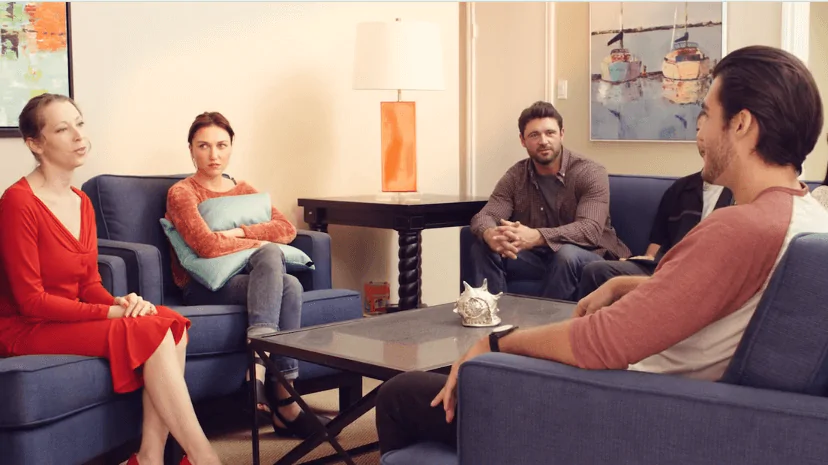24/7 Helpline:
(866) 899-111424/7 Helpline:
(866) 899-1114
Learn more about Individual Therapy centers in Salida
Individual Therapy in Other Cities

Other Insurance Options

Horizon Healthcare Service

United Health Care

GEHA

Private insurance

Group Health Incorporated

Aetna

Amerigroup

Ceridian

Regence

Optum

Covered California

Multiplan

Coventry Health Care

UMR

WellPoint

Kaiser Permanente

Health Choice

Lucent

UnitedHealth Group

Meritain






Eagles Nest Clubhouse – Rockbridge Area
Eagles Nest Clubhouse – Rockbridge Area is a public rehab located in Buena Vista, Virginia. Eagles N...













West Central Mental Health Center
West Central Mental Health Center is a private rehab located in Buena Vista, Colorado. West Central ...








































